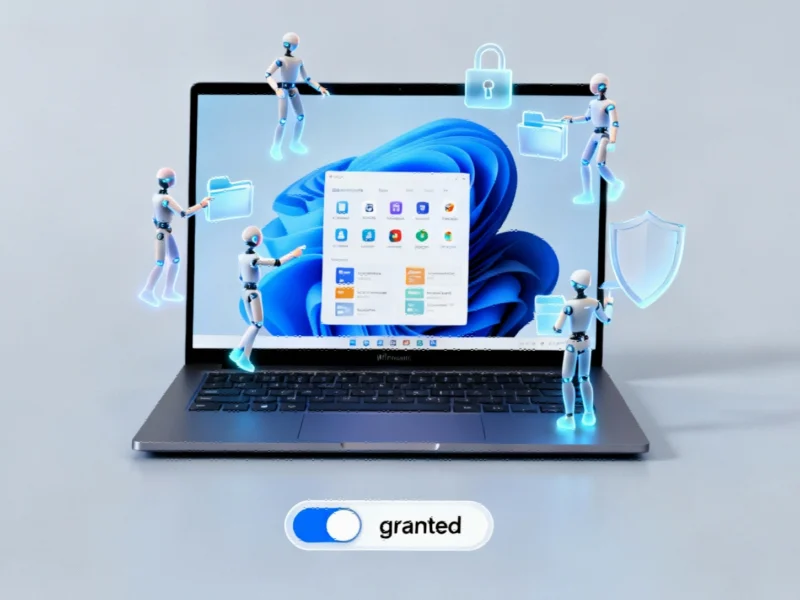New cryptographic advances are creating what analysts describe as a “trust layer” for the internet that shifts power from corporations to individuals. The convergence of blockchain verifiability with AI-driven data collection challenges could redefine digital ownership, according to industry reports.
The Erosion of Digital Ownership
As artificial intelligence systems increasingly harvest personal data without compensation or consent, analysts suggest the fundamental concept of ownership is eroding in the digital economy. According to reports, this trend mirrors broader ownership challenges affecting physical property, with Harvard University’s 2025 Youth Poll indicating that while three-quarters of young Americans want to own a home, barely half believe they ever will.






